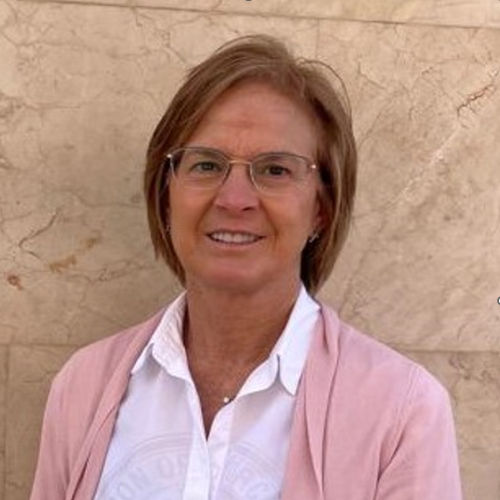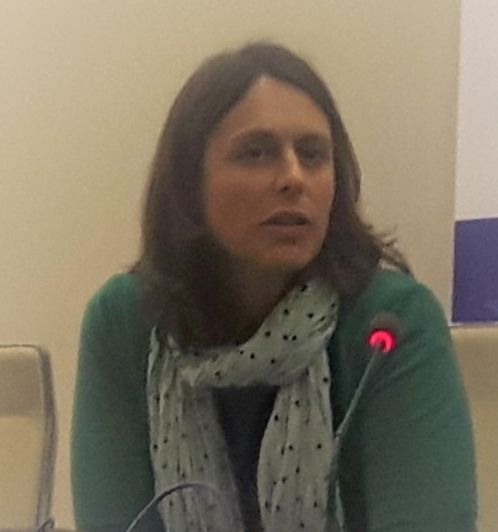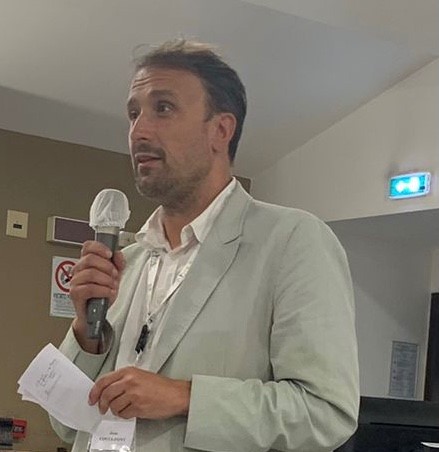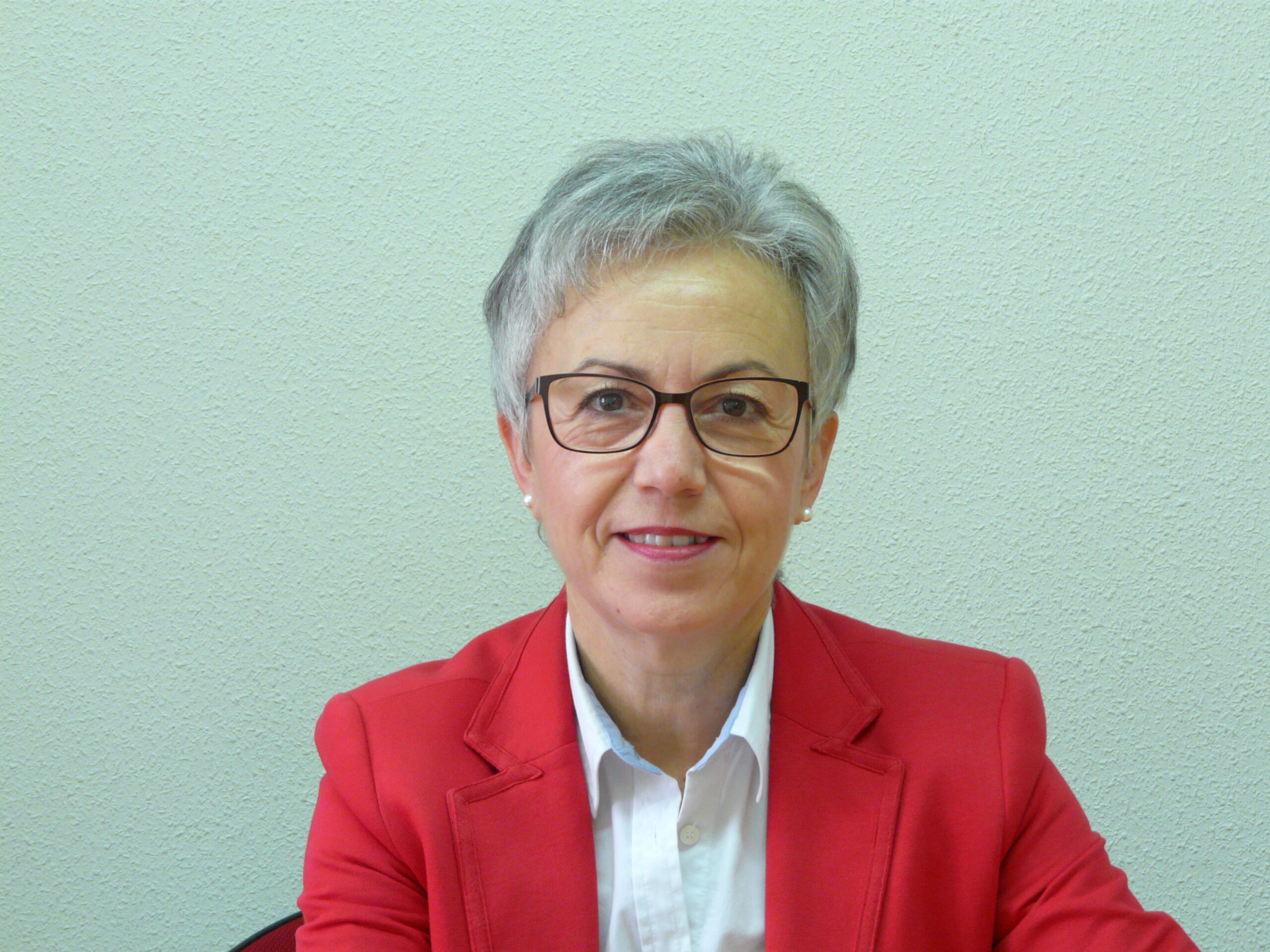Brígida Argote: “El modelo de cuidados tradicional está en crisis.”
Brígida, ¿qué te gustaría compartir en el Congreso de los Cuidados?
Somos seres sociales e interdependientes. Las personas nos necesitamos, unas de otras para la supervivencia de la especie; es decir, el cuidado es indispensable para mantener la vida y reproducirla, y nos constituye como seres humanos. Todos los seres humanos, en diferentes momentos de nuestra vida necesitamos de los cuidados. Los cuidados tenían lugar en el hogar, donde era la mujer la que ejercía el cuidado de los hijos e hijas, del esposo, de los padres; sin embargo, la obligación de cuidar se extiende más allá de lo privado y adquiere una dimensión pública.
Teniendo en cuenta que el trabajo de cuidados vertebra las sociedades y, al mismo tiempo, expresa y reproduce la desigualdad, ¿por qué crees que es necesario alcanzar un pacto por los cuidados? ¿Qué contenidos debería contener dicho pacto?
El modelo de cuidados tradicional está en crisis y requiere un cambio estructural en los modelos de bienestar. Ha pasado de ser un valor privado a ser un valor público y debe cultivarse en todos los espacios donde se dan las relaciones humanas: además de en la familia, en las profesiones, la administración, la política, los comercios… y, puesto que la necesidad de cuidados es básica, habrá que reconocer el derecho universal a ser cuidados, pero también un deber universal de cuidar. Por ello, es necesario alcanzar un pacto desde un enfoque de derechos, con perspectiva de género, un modelo de vida independiente centrado en la persona, con un enfoque comunitario, de forma que las personas que necesitan cuidados puedan recibirlos en su domicilio, con los apoyos que necesite.
¿Qué agentes deben formar parte de este pacto?
Desde una política transversal de los cuidados, deben formar parte todos los sectores: salud, servicios sociales, vivienda, empleo, tercer sector, urbanismo, justicia, familia y comunidad.
Danos un par de razones para estar en Donostia en el Congreso de los Cuidados
Porque el modelo actual está cuestionado ya que la sociedad está cambiando y es necesario tratar y conocer las propuestas sobre un modelo de cuidados innovador, de calidad y sostenible. De esto trata el contenido del Congreso, y hay que caminar hacia un consenso sobre ello.





